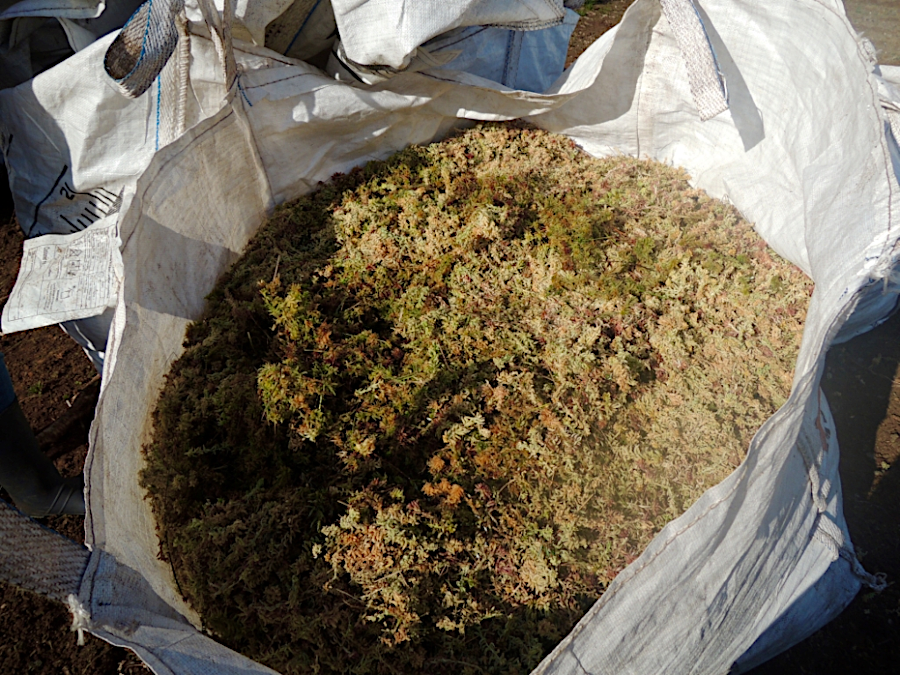Sphagnum farming is one option of paludiculture, i.e. the productive use of peatlands under wet conditions. Although the low hydraulic conductivity of highly decomposed peat impedes complete rewetting, we could show that Sphagnum farming is possible at such sites. The parcels initially covered with a geotextile showed significantly lower percentages of Sphagnum cover compared to those covered with straw mulch. Sphagnum growth in cover and carpet thickness was significantly higher at the site that had previously been rewetted and had a thicker layer of residual peat. Further, a favourable microclimate provided by vascular plants and a rewetted surrounding area can promote successful establishment of Sphagnum and may even partially counterbalance effects of a low water table.
Scroll to top

![[Translate to English:] [Translate to English:]](/media/_processed_/6/4/csm_titel_CO2Kampagne8_afeea2273e.png)
![[Translate to English:] [Translate to English:]](/media/_processed_/4/1/csm_titel_93px_CO2Kampagne8_9b0f3354d4.png)






